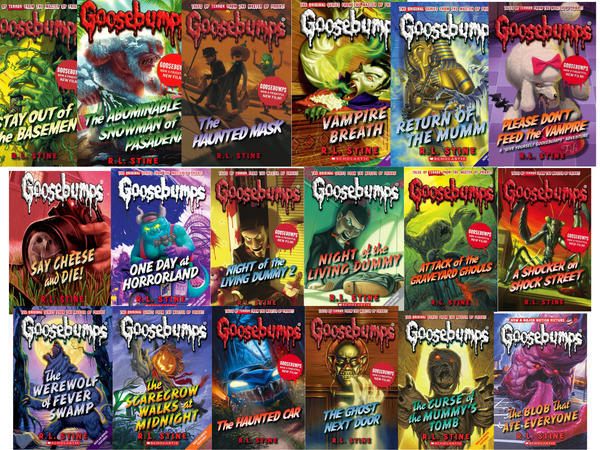The Trial by Franz Kafka (Author)
- Publisher: ENGLISH GENERAL BOOKS
- Availability: In Stock
- SKU: 59131
- Number of Pages: 198
Rs.450.00
Rs.695.00
Tags: Absurdism , Alienation and Isolation , Anxiety and Despair , Arbitrary Justice , best books , Best Price , Best Selling Books , Bureaucracy and Power , Bureaucratic Absurdity , Court and Legal System , Existentialism , Fate and Free Will , Fear of Judgment , Franz Kafka , Freedom and Control , Futility of Resistance , Guilt and Innocence , Individual vs Society , Injustice and Oppression , Kafkaesque , Law and Morality , Legal Nightmare , Loss of Autonomy , Misuse of Power , ONLINE BOOKS , Online Bookshop , Oppression by Authority , Paranoia and Fear , Persecution , Personal Identity , Political Allegory , Powerlessness , Psychological Conflict , Psychological Struggle , Social Commentary , State Control , Surveillance and Control , The Trial , The Trial by Franz Kafka
The Trial
Author: Franz Kafka
Introduction
The Trial by Franz Kafka is a haunting and surreal novel that explores the themes of alienation, bureaucracy, and existential anxiety. First published posthumously in 1925, the story follows Josef K., a bank officer who is arrested and prosecuted by an unnamed authority for a crime that is never disclosed. As Josef navigates a complex and opaque legal system, he becomes increasingly entangled in a web of absurdity and helplessness. Kafka's exploration of guilt, justice, and the human condition reflects the psychological and philosophical dilemmas faced by individuals in a modern, impersonal society.
Key Points
-
The Nature of Guilt and Innocence
- Josef K. is arrested without explanation, highlighting the arbitrary nature of guilt and the ambiguity of innocence in a system devoid of clear rules.
-
Bureaucracy and Powerlessness
- The labyrinthine legal system represents the oppressive and incomprehensible nature of bureaucracy, where individuals are powerless against institutional control.
-
Isolation and Alienation
- Josef K.’s isolation deepens as he faces the court alone, symbolizing the existential loneliness of the human experience.
-
Absurdity and Surrealism
- Kafka employs surreal imagery and illogical events to reflect the absurd nature of existence and the search for meaning in a chaotic world.
-
Fate and Inevitability
- Despite his efforts to defend himself, Josef K. is ultimately condemned, suggesting that fate and judgment are beyond human control.
Why Read This Book
The Trial is a seminal work in existential and modernist literature, offering a profound exploration of human vulnerability in the face of incomprehensible forces. Its themes of alienation and absurdity remain deeply relevant to contemporary society. Kafka’s masterful writing challenges readers to confront uncomfortable truths about power, justice, and the human condition.
Conclusion
The Trial by Franz Kafka is a powerful and unsettling exploration of the human struggle against an irrational and indifferent world. Its rich symbolism, philosophical depth, and psychological insight make it a timeless and thought-provoking work that continues to captivate and challenge readers.

























